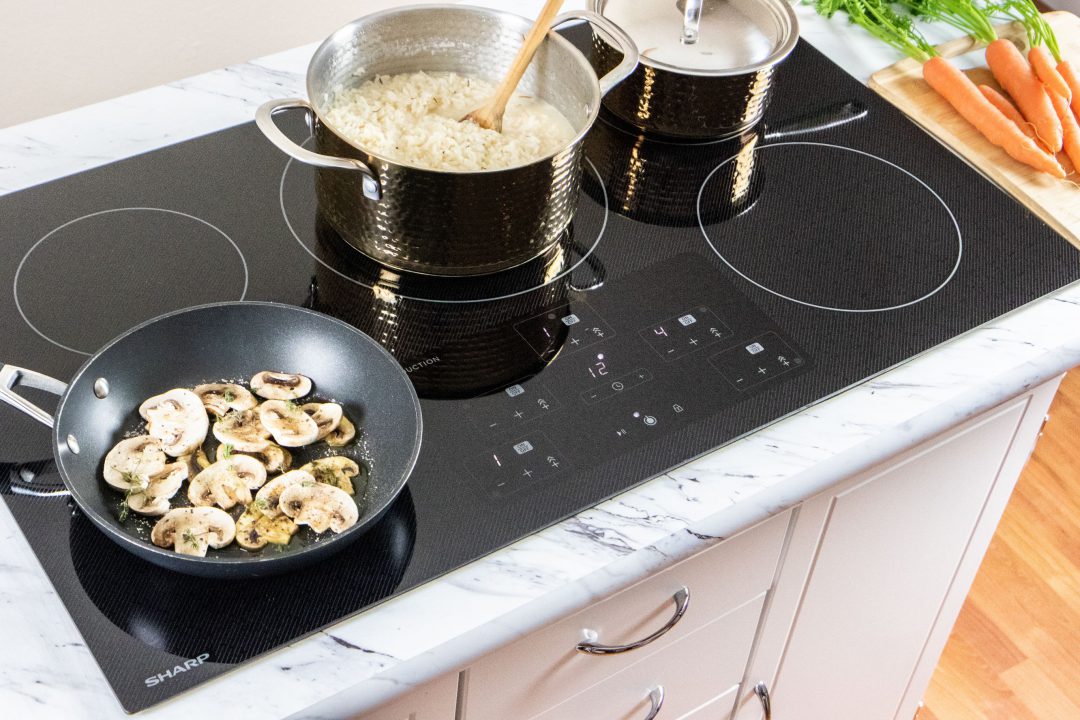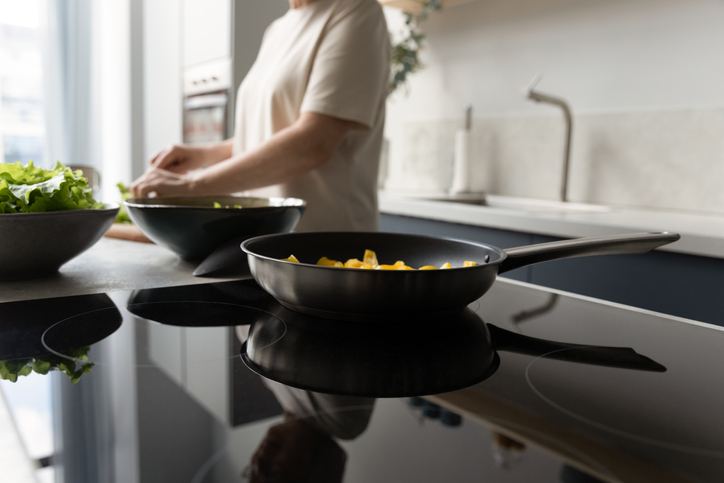How to Lift Cast Iron Safely Off Induction Cooktops?
Written By James Morgan
For barbecue enthusiasts who relish the art of grilling and cooking, understanding how to lift cast iron safely off induction cooktops is crucial. Cast iron cookware is a favorite among grill masters due to its ability to retain and evenly distribute heat. However, handling it improperly can lead to accidents or damage to your induction cooktop. In this comprehensive guide, we will explore the best practices for lifting cast iron safely and efficiently.

Understanding the Dynamics of Cast Iron and Induction
Before diving into the techniques, it's essential to understand the dynamics of using cast iron on induction cooktops. Induction cooking works by generating a magnetic field that heats up the cookware directly. Cast iron, being ferrous, is an excellent choice for induction cooking as it responds well to the magnetic field, ensuring a quick and even heat distribution.
However, the weight and rough surface of cast iron can pose challenges. It's crucial to note that dragging or dropping cast iron on an induction surface can cause scratches or even cracks. Therefore, learning the correct way to handle your beloved cast iron is imperative to maintain both the cookware and the cooktop.
Techniques for Safe Lifting
1. Use the Right Tools
Invest in high-quality oven mitts or heat-resistant gloves to protect your hands from the intense heat of cast iron. It's also beneficial to use a cast iron handle cover for added grip and control. These tools not only ensure safety but also provide better leverage when lifting heavy cookware.
2. Employ the Two-Handed Approach
When lifting cast iron off the induction cooktop, always use both hands. This approach distributes the weight evenly and minimizes the risk of dropping the cookware. Place one hand under the base of the pan and the other on the handle. This grip provides stability and control, reducing the likelihood of accidents.
3. Ensure a Clear Path
Before lifting your cast iron, ensure that the path is clear of any obstacles. This includes kitchen utensils, other pots or pans, and any clutter on the countertop. A clear path minimizes the risk of tripping or dropping the cookware, ensuring a smooth and safe transfer.
4. Maintain Proper Posture
Your stance can significantly impact your ability to lift heavy cookware safely. Stand with your feet shoulder-width apart and bend your knees slightly. Engage your core muscles to provide support and stability. This posture not only protects your back but also enhances your lifting strength.
Preventing Damage to the Cooktop
Aside from ensuring safety during lifting, it's essential to prevent damage to your induction cooktop. Here are a few tips:
- Use a Trivet: Place a silicone or fabric trivet on the cooktop before setting down the cast iron. This prevents scratches and acts as a buffer between the cookware and the cooktop.
- Avoid Sliding: Never slide cast iron across the induction surface. Always lift it completely off the cooktop to prevent scratches.
For more insights on induction cooking and cast iron, check out this resource.
Additional Tips for Barbecue Enthusiasts
For those who love incorporating cast iron into their barbecue sessions, consider the following:
- Preheat Gradually: To avoid thermal shock, always preheat your cast iron gradually. This ensures even heat distribution and prevents warping.
- Season Regularly: Regular seasoning of your cast iron enhances its non-stick properties and protects it from rust, especially when used frequently on an induction cooktop.
Explore more about the relationship between cast iron and induction cooking in our article on searing meat in cast iron.

FAQs
Can cast iron damage induction cooktops?
Yes, if not handled properly, cast iron can scratch or crack induction cooktops. Always lift it instead of sliding and use protective measures like trivets.
Why does my cast iron make noise on induction?
Cast iron can make noise on induction due to vibrations caused by the magnetic field. For more details, visit our article on cast iron buzzing noise.
Is cast iron suitable for induction cooking?
Absolutely! Cast iron is highly compatible with induction cooktops due to its ferrous nature, ensuring efficient heating.
For more information, check out our guide on cast iron and induction compatibility.
By following these guidelines, barbecue enthusiasts can enjoy the benefits of cast iron cooking on induction cooktops while ensuring safety and longevity for both their cookware and appliances.



